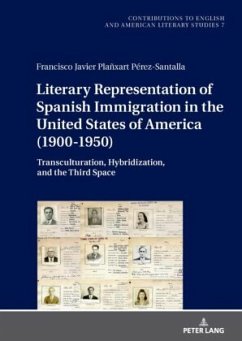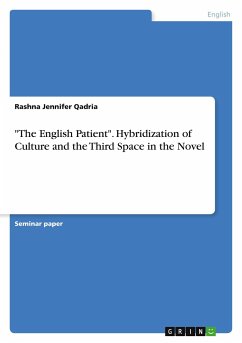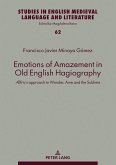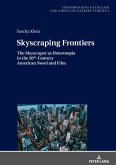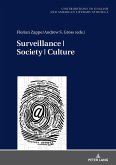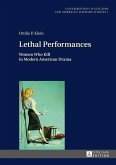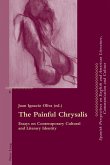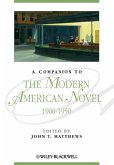This work explores portrayals of Spanish immigration to the United States (1900-1950) through six novels. It examines how Spanish immigrants navigate cultural shifts, balancing their heritage with American culture, and traces the evolution of their identities through history, language, and transculturation. Using theories of hybridization and Third Space identity, the study analyzes immigrant transformation across different periods and places. The volume includes a theoretical framework, a historical overview, and discussions of memory, language, and cultural assimilation.
The volume addresses transculturality, hybridization, communication, and spatial cohabitation under the lens of logos and cultural integration, which are axes of the modern construction of individual and collective personalities. The result is original and covers diverse 20th-century Spanish-American autobiographies, creating synergies between them and enriching the study of transnational identities.
(Juan Ignacio Oliva Cruz, University of La Laguna)
This book provides an illuminating study of the phenomenon of twentieth-century Spanish immigration to the United States, analyzing six literary texts, and delving on theoretical concepts such as transculturation or negotiating a new identity.
(Juan Ignacio Guijarro González, University of Sevilla)
The volume addresses transculturality, hybridization, communication, and spatial cohabitation under the lens of logos and cultural integration, which are axes of the modern construction of individual and collective personalities. The result is original and covers diverse 20th-century Spanish-American autobiographies, creating synergies between them and enriching the study of transnational identities.
(Juan Ignacio Oliva Cruz, University of La Laguna)
This book provides an illuminating study of the phenomenon of twentieth-century Spanish immigration to the United States, analyzing six literary texts, and delving on theoretical concepts such as transculturation or negotiating a new identity.
(Juan Ignacio Guijarro González, University of Sevilla)

